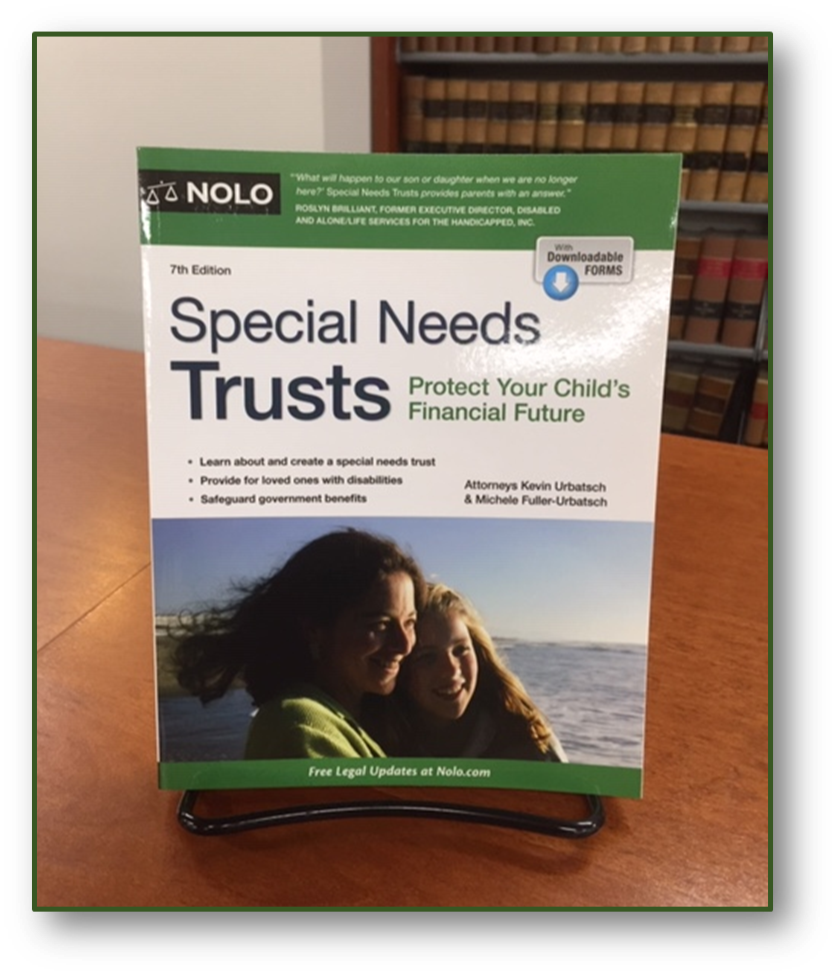If you are looking for a succinct guide to the issues that arise and the laws that affect older persons, then Elder Law in a Nutshell may be just the book for you. Part of West Academic Publishing’s popular Nutshell series, Elder Law in a Nutshell addresses the unique challenges faced by those who advise and represent the aging members of our community and guides the reader through the myriad issues that pop up in the elder law field. Pertinent topics include: health care decision making, Medicare, Medigap, and Medicaid, long-term care insurance, housing and housing alternatives, guardianship and its alternatives, social security benefits, veterans’ benefits, pensions, age discrimination in employment, and elder abuse and neglect.
Health care and the related costs involved with obtaining medical coverage could be the highest and most significant concern of the elder community. In a similar vein, the authors explain the doctrine of informed consent and the patient’s right to control medical treatment and terminate life-sustaining treatment. There is a discussion of living wills, the creation and execution requirements, and their validity. The authors guide the reader through the Medicare maze and explain the eligibility requirements, enrollment procedures, and coverage, including the dreaded “donut hole” for drug expenditures. Later chapters address the nature of long-term care insurance and housing options, including nursing homes and assisted living facilities. The authors look at the Federal Nursing Home Reform Act (NHRA) and the protections it offers to nursing home residents, such as the freedom from abuse and restraints and the right of access to entities providing health, social, or legal services. The authors also examine the eligibility requirements and the tax issues involved with perhaps the single most provider of retirement income: social security benefits. For those seniors who seek employment to supplement their retirement income, there is a discussion of age discrimination and the Age Discrimination in Employment Act. Lastly, the authors address the sad reality of elder abuse and neglect and the legislative responses to this terrible form of domestic violence.
You can find this and other titles from the Nutshell series in our Self-Help Collection here at the Harris County Law Library.





